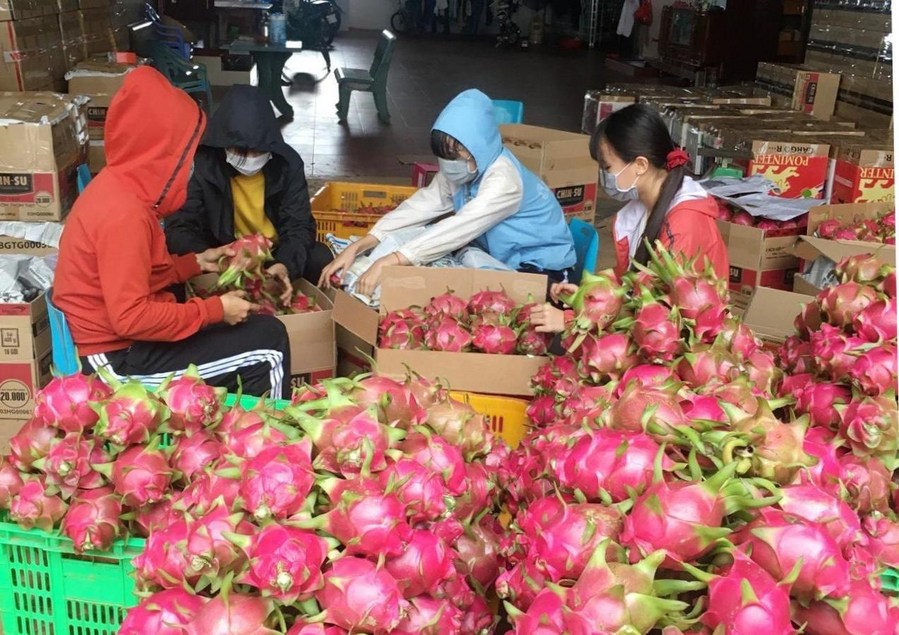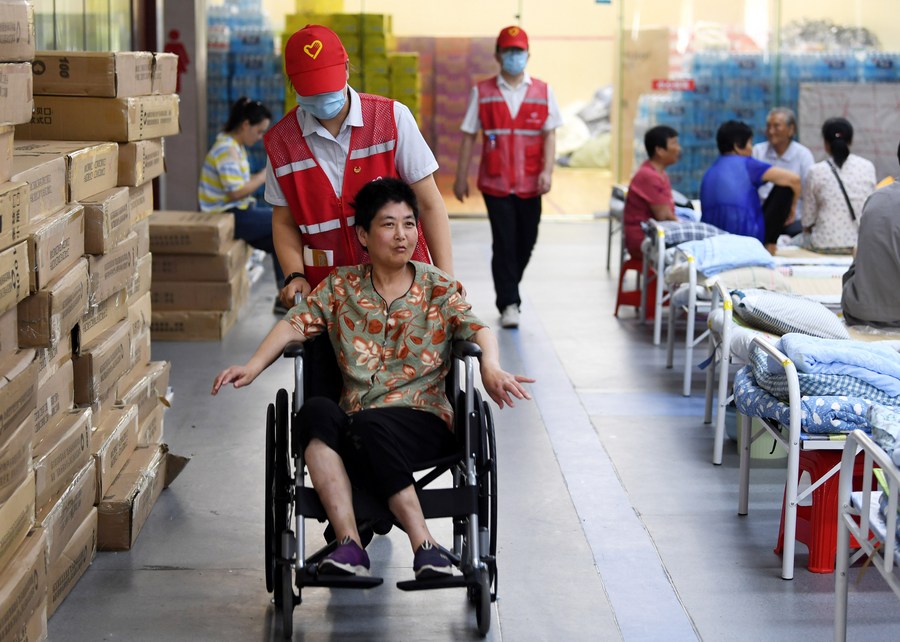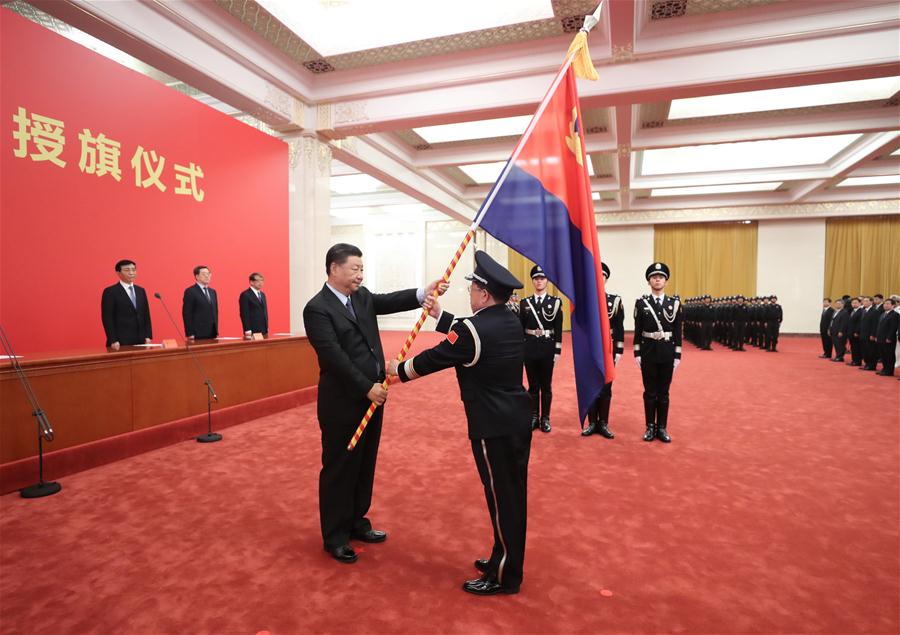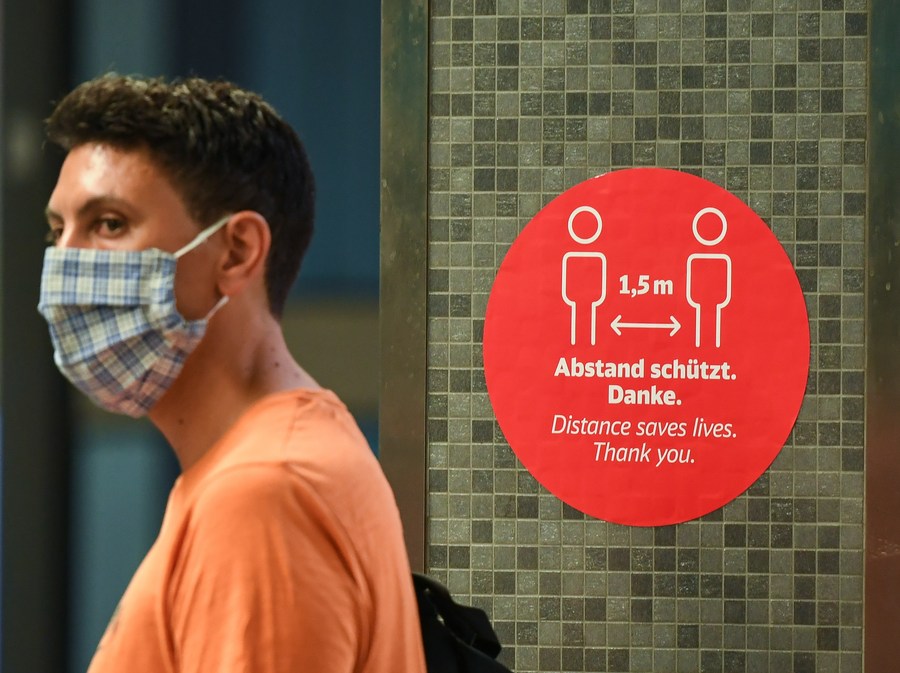-- China's trade with the ASEAN stood at 2.51 trillion yuan (about 362 billion U.S. dollars) in the first seven months, up 6.6 percent year on year.
-- The expansion in China-ASEAN trade has been partly buoyed by the implementation of an upgraded China-ASEAN Free Trade Area (CAFTA) protocol since October 2019.
-- As ASEAN nations eyed recovering their economies hit by the pandemic, Chinese e-commerce giants such as Alibaba and JD.com have provided the businesses with access to one of the world's largest markets.
-- Besides traditional trade, China and ASEAN countries are also conducting high-tech industry cooperation.

Photo taken on May 27, 2020 shows a container truck carrying Vietnamese lychees exported to China at Kim Thanh II International Border Gate in Vietnam's northern Lao Cai province, which borders China. (VNA via Xinhua)
by Xinhua writers Chen Jian, Huang Shuo, Lin Hao
HONG KONG, Aug. 27 -- "I want more Chinese traders to come here to buy and export our fresh, sweet and succulent dragon fruits," Nguyen Huy Phong, a 50-year-old farmer from Vietnam's southern Binh Thuan province, told Xinhua on Wednesday.
In the first half of the year, China's trade with Vietnam jumped 18.1 percent, pushing bilateral trade to the top slot among members of the Association of Southeast Asian Nations (ASEAN), data from China's General Administration of Customs showed.
In addition, China's trade with the ASEAN stood at 2.51 trillion yuan (about 362 billion U.S. dollars) in the first seven months, up 6.6 percent year on year.
The ASEAN remained China's biggest trading partner during the same period, accounting for 14.6 percent of its total foreign trade volume.
While the COVID-19 pandemic has caused a disruption in the global supply chain, China-ASEAN trade relations "are being further boosted by great efforts from two sides, including governments who are determined to find measures to maintain trade flow and eliminate COVID-19's impacts, and the businesses themselves who are committed to the potential markets," said Vo Tri Thanh, former deputy head of Vietnam's Central Institute for Economic Management.













